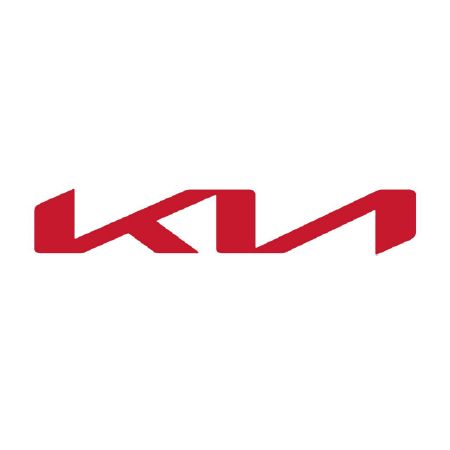Car Insurance Facts
It’s your choice who repairs your vehicle
Making a claim on your policy.
Policy decided and paid for, when it comes to making a claim there are often some grey areas when it comes to accident repair.
“In the event of an accident, most insurance companies will want to direct you to their own approved body shop to assess the damage and viability of any repairs. They might even try to charge you double your excess for not using their approved repairer so it is always advisable to check your policy. Whilst this can act as a deterrent, it is important to understand both your rights and your freedom of choice.
By sending you to their own repairer, the insurance company can control the costs which they will invariably try to keep as low as possible. This could mean that your car is written off rather than being repaired or is sent to a body shop that uses second-hand / recycled parts or will not return it to manufacturer standards. Ultimately, they will be looking for the cheapest payout, and when has the cheapest ever been the best?
What are my rights with regards to accident repair work?
We asked the expert Tim Kelly, Motor Claim Guru for his insider’s knowledge.
“In reality, it is your legal choice who repairs your vehicle”, explains Kelly. “You have the right to take it wherever you want to for both an initial damage assessment and for the repair work. The customer’s entitlement to choose who repairs their vehicle is covered under the following acts and laws:
The Consumer Rights Directive 1993, where the Office of fair trade, the A.B.I., and what was the Financial Service Authority now the FCA, agreed in favour of the consumer’s right of choice.
This has since been covered in:
- The Consumer rights act 2015.
- The Consumer Protection for Unfair Trading Act 2008
- Application part 8 of the Enterprise Act for Unfair Trading Regulations 2008
- Motor Vehicle Block Exemption Regulations EC1400/2002
- Competition Act 1998.
The 2015 Insurance Act also stipulates that prior to a contract occurring, the insurer has to make the customer aware that the contractor fulfills the demands and needs of the consumer. Any adverse terms or conditions have to be brought to the attention of the consumer. These should have no material detriment to the consumer. To advise after the contract has occurred that a term is in place which restricts the consumer’s choice, or advise that you seek to reduce your contractual liabilities is therefore in direct breach of this act.
Insurers are also bound by the Financial Service and Markets Act 2000 and must follow the rules set by the Financial Conduct Authority. One specific rule you should always be mindful of as a consumer is the ICOBS 2.5.1; ‘The customers best interest rule’
- ICOBS 2.5.-1R 01/10/2018 : A firm must act honestly, fairly and professionally in accordance with the best interests of its customer.
When making a claim on your insurance, your provider may try and inform you that you have ‘subrogated’ your rights to them, and they will choose how the claim is handled. This is not necessarily the case. They cannot deny you your lawful entitlements. No matter what an insurer advises you, by law, they have to put your ‘demands and needs’ over and above their own.
Thanks Tim
Trust Cooper Barnes to take care of you.
“Before you contact your insurance company, speak to us first. We can try and ensure you get the result you are looking for.
As manufacturer-approved repairers, not only do we uphold brand repair standards in terms of quality and safety but want to get you back on the road as quickly as possible with the minimum inconvenience."
How Cooper Barnes can help?
We provide specialist impartial advice on car maintenance and care. When you come to Cooper Barnes your safety and your vehicles longevity is our top priority, not making an unnecessary sale. If you would like to speak to us about summer or winter checks, or book your car in for a full annual check please contact us today.











